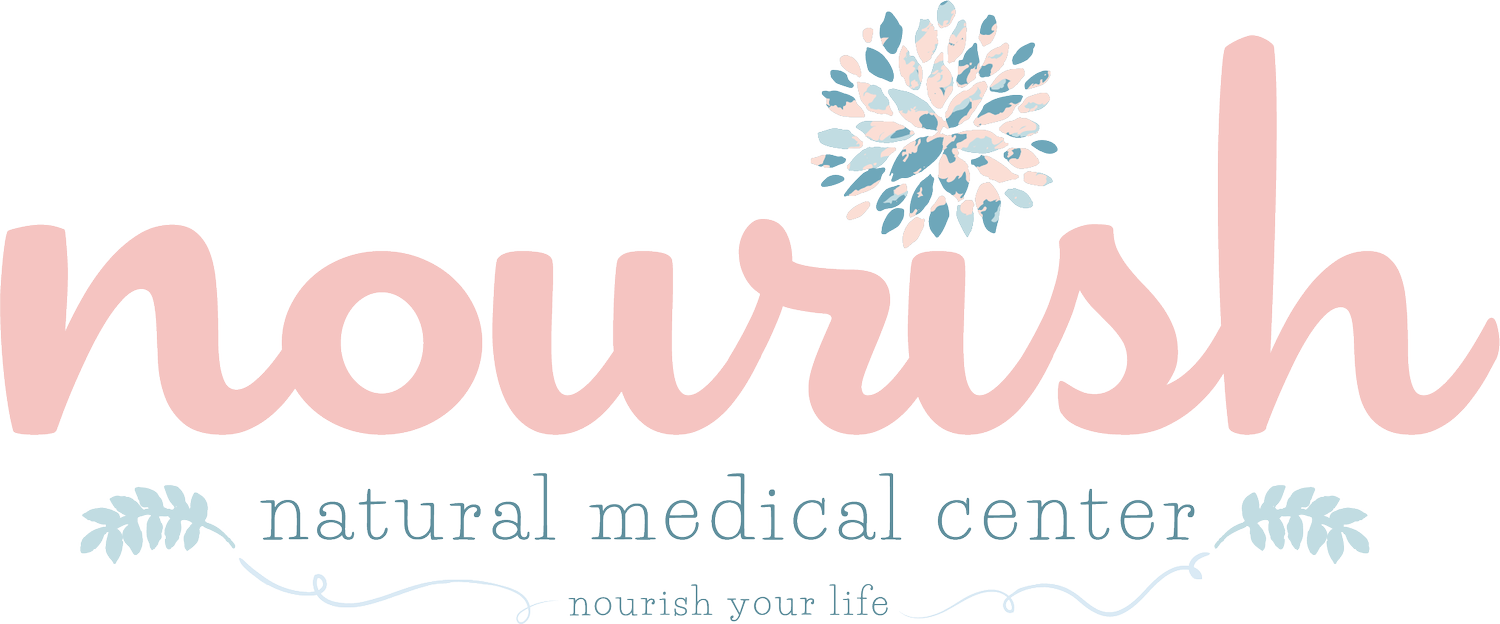SEASONAL ALLERGIES: NATURAL REMEDIES
As spring arrives and the beautiful flowers start to bloom, so do those sniffles, itchy watery eyes, and congestion. Although it is the perfect time to get outside, with seasonal allergies it can be an uncomfortable experience. Let’s discuss some natural ways to reduce seasonal allergies, so you can enjoy the outdoors a little more this season!
WHAT ARE SEASONAL ALLERGIES?
Seasonal allergies, also known as allergic rhinitis, occur when the immune system overreacts to pollen from trees, grasses, or weeds. Symptoms may include sneezing, nasal congestion, itchy eyes, and a runny nose, making daily life challenging for many individuals during peak allergy seasons.
NUTRITIONAL SUPPORT
Local Honey: Honey is an incredible anti-inflammatory, anti-allergy, and all-around immune support. By ingesting local honey you are getting some of those local pesky pollens, which in turn helps your immune system respond to allergies. Not only is it delicious, it can help soothe sore throats as well
Quercetin-containing foods: Quercitin is a powerful antioxidant and anti-inflammatory that is contained in many different foods. Dark grapes, apples, citrus, berries, onions, and capers
Vitamin C: Another powerful antioxidant, it can help reduce inflammation, swelling, and decrease the histamine response in the body. Vitamin C rich foods include citrus fruits, tomatoes, acerola cherries, bell peppers, and leafy greens
HERBS
Stinging Nettles (Urtica dioica): If you find a fresh plant of this, don’t touch the hairs on it with bare hands or else you’ll get the “sting”, that’s what makes these plants such an amazing medicine. It acts as an antimicrobial, antioxidant, anti-allergen, astringent, and analgesic
Ginger (Zingiber officinale): Most of us know what Ginger is and can find it pretty easily. Ginger is a powerful anti-inflammatory, antiviral, digestive support, and immune booster. It is especially helpful with congestion and any headaches that might come with that. Enjoyed as a tea most often, it is helpful in soothing the throat
Turmeric (Curcuma longa): A very common and also widely used herb for cooking. Turmeric has many properties that can help, such as anti-inflammatory, reduce swelling, reduce nasal/sinus irritation, it can also decrease the overall histamine response in the body
HOME SUPPORT
Washing your hands, clothing, and bedding frequently when returning inside from being outside or having exposure to plants, flowers, or grasses can decrease the amount of pollen you are exposed to
Investing in a high-quality air purifier and keeping that in a space inside your home where you spend most of your time. These air purifiers can clean the air of dust, mites, mold, pollen, viruses, and other allergens you may be exposed to
Keeping windows closed during peak pollen season and relying on fans, a/c, and other means to move air throughout the house
Using saline nasal irrigation or neti-pot to reduce congestion and move out all the possible allergens in sinus and nasal cavities
Interested in discovering your health journey with Dr. Christina Erndl?
Call 480.361.3844


